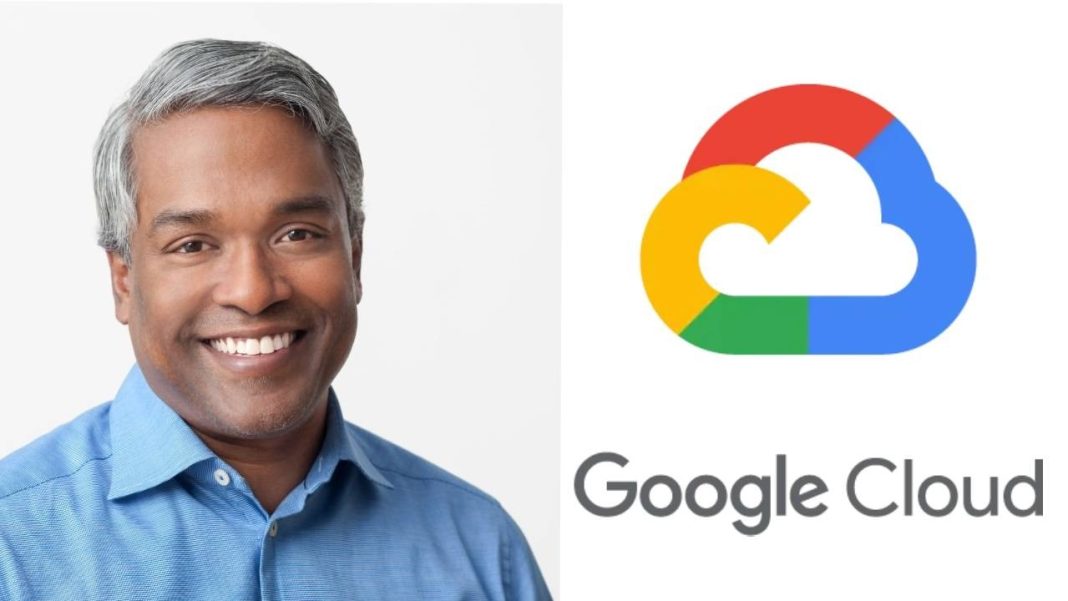Key Takeaways
- Google Cloud CEO Thomas Kurian says AI is a job enhancer, not a replacement
- Google’s Customer Engagement Suite led to no job losses among clients
- Sundar Pichai reports 10% productivity boost from AI tools at Google
- Both executives emphasize AI handles repetitive work, freeing humans for creative tasks
Google Cloud CEO Thomas Kurian has delivered a reassuring message about artificial intelligence’s impact on jobs: AI won’t take your job, but will instead upgrade it. In a recent interview, Kurian dismissed fears of mass automation, positioning AI as a bridge helping workers transition to more meaningful work.
AI as a Collaborative Teammate
Kurian argues against the popular narrative of AI replacing human workers. “I think there is definitely a middle ground,” he told Big Technology newsletter, describing AI as an amplifier of human talent rather than a replacement.
His balanced perspective comes amid global debates about whether AI will destroy jobs or boost productivity. Kurian firmly believes AI serves as a teammate, not a threat to employment.
Real-World Evidence: No Job Losses
Google’s Customer Engagement Suite provides concrete evidence supporting Kurian’s view. When launched last year, the AI-powered customer service tools sparked concerns about replacing human agents.
“When we first introduced it, people asked, ‘Does this mean we won’t need customer service agents anymore?'” Kurian recalled.
The reality proved opposite to these fears. “Almost none of our clients have let anyone go,” he revealed. Instead, the system handles routine, awkward, or simple queries that customers hesitate to call about, freeing human agents for complex interactions.
Google’s Internal AI Success
Kurian’s stance aligns with Google CEO Sundar Pichai’s experience. On the Lex Fridman Podcast, Pichai reported that AI tools have boosted engineer productivity by approximately 10%.
This efficiency gain has prompted Google to plan increased hiring rather than reductions. “The opportunity space of what we can do is expanding,” Pichai explained, noting AI handles repetitive coding while humans focus on creative work.
Kurian’s Personal Perspective
The Indian-born executive brings unique insights to the AI discussion. A self-educated immigrant who rose through McKinsey and Oracle before leading Google Cloud in 2019, Kurian has overseen the division’s rapid growth.
Interestingly, his twin brother George Kurian leads NetApp, making them one of Silicon Valley’s most influential sibling pairs.
For Thomas Kurian, AI represents an opportunity to reinvent work positively. The technology serves as a performance-boosting assistant rather than a replacement machine. As he concludes, AI exists not to take jobs, but to upgrade them.




